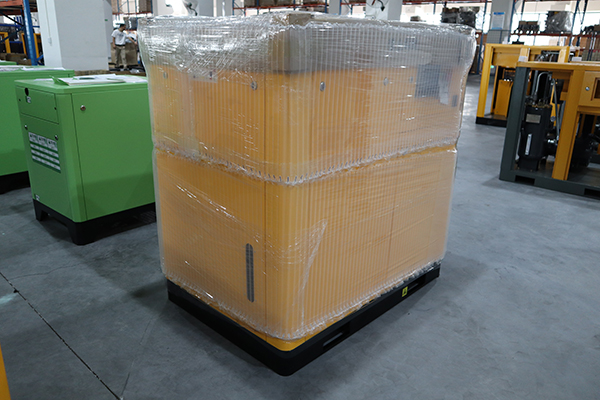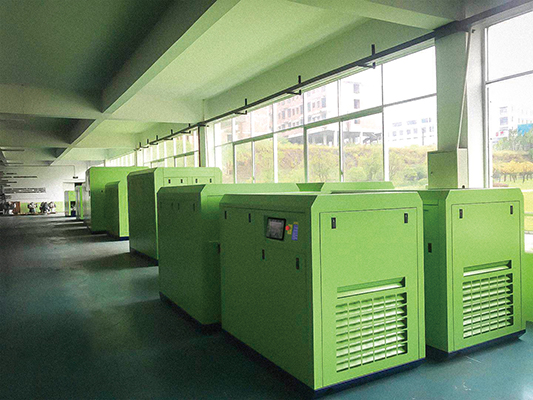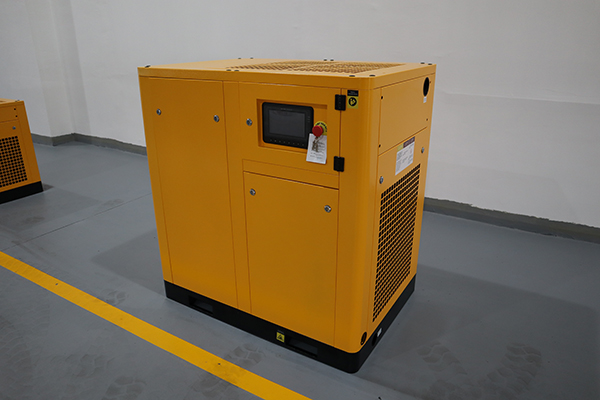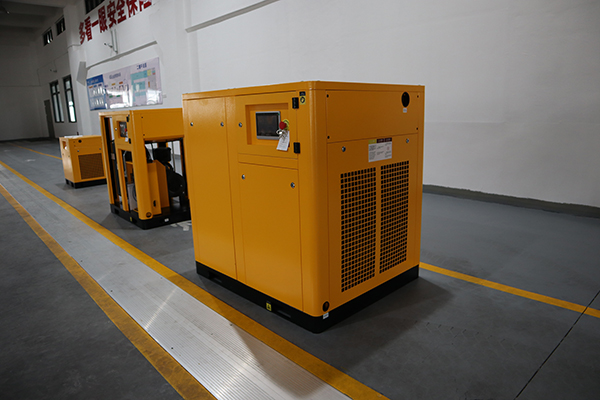normal pressure air compressor for food processing plants meeting hygiene standards
News 2025-10-24
In the food processing industry, normal pressure air compressors are essential for operations that demand impeccable hygiene. These systems deliver air at standard atmospheric pressures, ensuring no contaminants compromise food safety. Designed with materials resistant to corrosion and easy-to-clean surfaces, they integrate seamlessly into plants handling dairy, meat, or beverages, supporting processes from mixing to packaging without introducing risks.

Applications in Food Processing
Normal pressure air compressors find extensive use in specific food processing tasks. For instance, they power pneumatic controls in automated filling lines, ensuring precise and contamination-free handling of products. In cleaning operations, these compressors supply air for blow-off systems that remove debris from equipment, maintaining sterility. Their ability to operate quietly and efficiently makes them suitable for sensitive environments like bakeries or confectionery plants, where air quality directly impacts product integrity.
Performance Advantages
These compressors offer superior performance through energy-efficient designs that reduce operational costs while sustaining output. Key features include oil-free mechanisms that eliminate lubrication-related contamination, crucial for hygiene compliance. Advanced filtration systems capture particles down to sub-micron levels, ensuring the air meets or exceeds industry standards like ISO 8573-1. Additionally, their robust construction allows for consistent performance under varying loads, enhancing reliability in high-demand settings and minimizing downtime.
Importance in Industrial Processes
In industrial food processing, normal pressure air compressors are vital for upholding safety protocols and efficiency. They support critical functions such as conveying materials and operating valves, which are integral to streamlined production. By preventing microbial growth and cross-contamination, these systems help facilities adhere to regulations from bodies like the FDA, ultimately safeguarding consumer health and brand reputation. Their role extends to sustainable practices, as optimized air usage contributes to reduced waste and energy consumption in large-scale operations.


